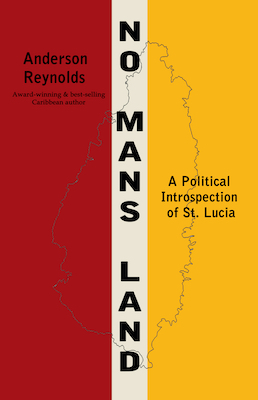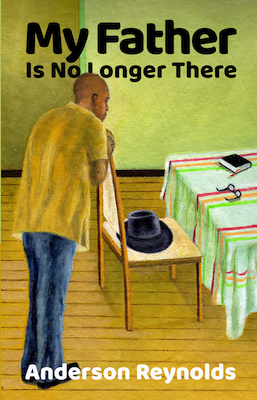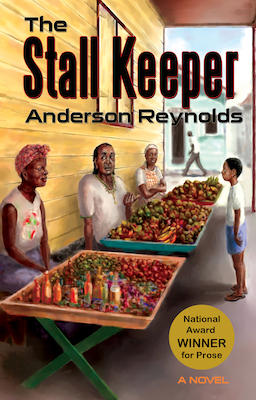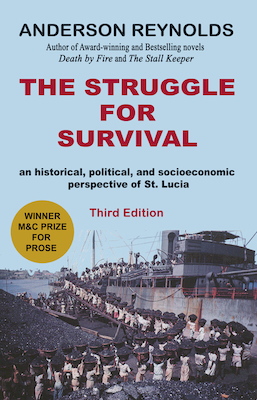“The Promised Land speaks to the great human drama of the marginalized and dispossessed quests for material well-being, empowerment, enfranchisement, and self-determination.”
— Jako Books
“A biopsy of the disease of underdevelopment in a Caribbean town…For anyone who genuinely cares about the future betterment of life for the people of Vieux Fort, The Promised Land offers an uncompromising analysis and plenty of good advice!”
—Dr. Jolien Harmsen
“The Lord made a covenant with Abram and said, To your descendants I give this land, from the Wadi of Egypt to the great river, the Euphrates…a land flowing with milk and honey.”
—Genesis 15:18-19; Exodus 3:17

Forthcoming May 2025
Vieux Fort, a Caribbean town at the southernmost tip of St. Lucia and furthest point from the capital and largest city, is blessed with unparalleled infrastructure and favorable natural attributes, yet it continues to lag behind the northern part of the island and never seems able to realize its full potential.
In The Promised Land, the first of The Vieux Fort Chronicles book series, Dr. Reynolds, arguably St. Lucia’s foremost public intellectual and authority on the island’s socioeconomic history, shows how government neglect, misadventure, and exploitation, along with poor governance and political representation, have kept Vieux Fort backward and prevented it from living up to its promise.
However, he doesn’t stop there. He advises on who must govern (“run”) Vieux Fort and how best to govern (“run”) the town to pull it out of its socioeconomic morass and set it on the path of progress.
Vieux Fort is the main focus of the book, but its relevance goes far beyond the district. Its prescriptions on how, for best results, district representatives must look after their constituency are applicable not just to Vieux Fort and other St. Lucian district representatives but to parliamentary representatives throughout the world.
The Promised Land demonstrates that, contrary to economic textbooks and as revealed in Why Nations Fail, underdevelopment has less to do with size, resources, and technology, and more to do with neglect, mismanagement, government misadventure, and political and economic extraction.
Sir Arthur Lewis gave us the dual-sector model of economic development; Dr. Reynolds has gifted us a recipe for the socio-economic upliftment of provincial regions. However, above all, The Promised Land speaks to the great human drama of the marginalized and dispossessed quests for material well-being, empowerment, enfranchisement, and self-determination.
Reviews of The Promised Land
The Promised Land is a biopsy of the disease of underdevelopment in a Caribbean town. It traces the deep historical roots of the disease to centuries of landlessness and people’s powerlessness in the face of overwhelming external influences: from slavery and the plantation economy to the American military base and, nowadays, Invest Saint Lucia’s unquestioned preoccupation with foreign investors at the expense, it is claimed, of local entrepreneurs.
Having set the historical landscape, The Promised Land then dissects how subsequent post-war governments have failed to engender an organic, indigenous community response. Instead, this town—Vieux Fort—continues to linger, despondently.
Who Runs Vieux Fort, Dr. Reynolds asks? Too many random captains on a ship that seems to flounder quite rudderlessly is the answer. Dr. Reynolds is intimately familiar with the nitty-gritty of local politics and doesn’t hesitate to wash the town’s dirty linen in public. The book, no doubt, will cause some red ears and raise a good few hackles. But Anderson Reynolds is no political hack. The result is that, likely, neither red nor yellow will thank him for his efforts. But for anyone who genuinely cares about the future betterment of life for the people of Vieux Fort, The Promised Land offers an uncompromising analysis, and plenty of good advice!
—Dr. Jolien Harmsen, author of A History of St. Lucia and Sugar, Slavery and Settlement: A social history of Vieux Fort, St. Lucia, from the Amerindians to the present







